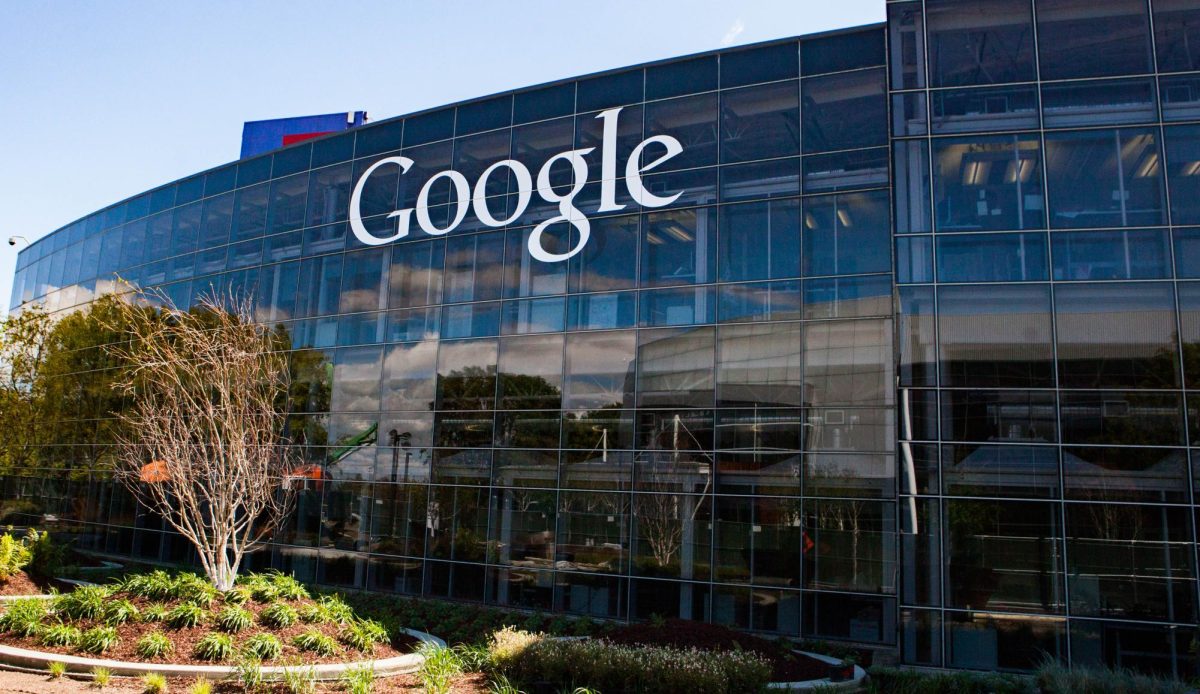When a U.S. judge declared Google LLC an illegal monopoly last month, it didn’t mark the end of the tech giant’s legal troubles. Now, Google is being sued by Yelp Inc. – one of its longstanding critics.
Yelp filed an antitrust lawsuit against Google, accusing the company of giving itself an unfair advantage by favoring its own services in local search and advertising markets. In August, U.S. judge Amit Mehta ruled that the tech giant violated antitrust law by paying billions to ensure its search engine was the default on devices from device manufacturers.
“This is a case about Google, the largest information gatekeeper in existence, abandoning its stated mission to deliver the best information available to its consumers and instead forcing its own low-quality local search content on them,” Yelp said in its legal complaint against Google.
In the 66-page legal complaint, Yelp alleges that Google has collected and sourced data from its services to enhance Google’s performance. Yelp added that “the real losers are the consumers,” stating that Google altered their algorithm to collect data from Yelp, deterring consumers from finding alternative reviews.
Yelp also accused Google of depriving competitors of the traffic and revenue required to grow and challenge the tech giant’s market dominance. Moreover, as Google continues to push away local searches, it also forces local advertisement agencies to rely on its services to ensure their content appears on its search engine.
The company has created a cycle of advertising and search methods, which effectively deems them an illegal monopoly. With nowhere else to turn for businesses to promote their products and services, Google is their only option, trapping them into this vicious cycle.
With the Justice Department and attorney generals of multiple states ruling Google as an illegal monopoly, it provided Yelp with the confidence to file its own antitrust lawsuit against Google, and the expectation is that it won’t be the last.
However, this isn’t the first time Yelp has voiced concerns over Google, as it’s made several claims against Google over its 20-year relationship that were previously dismissed.
The two tech companies’ relationship dates back to 2005, when both were in a two-year partnership that Yelp did not renew, fearing that Google would build an alternative, competing search engine product, which it did.
The rift between the two started in 2010, just a year after Yelp declined Google’s offer of acquisition, henceforth creating a steep uphill battle for Yelp’s success in comparison to Google’s exponential growth over the last 20 years.
Yelp CEO Jeremy Stoppelman told said he was hesitant about acting against Google due to differences in revenue, according to an interview with The New York Times. Yelp’s revenue is measured around $1.34 billion whereas Alphabet, the parent company of Google, has a revenue of $307 billion.
Stoppelman also believed it was the government’s responsibility to enforce monopoly laws against the tech giant, which the company stressed for years.
Still, Yelp isn’t the first company to corner Google over anticompetitive practices. The Epic Games vs. Google case proved Google was making it difficult for other apps to thrive on Android devices. The jury unanimously declared Google exercised anticompetitive behavior in its app markets, and that Epic Games was injured by those actions.
Looking ahead, the DOJ’s second antitrust trial against Google could have significant implications for online advertising. In the coming weeks, the DOJ will seek to demonstrate Google’s dominance in the ad industry, while Google will argue that the DOJ’s claims could stifle innovation and hinder growth for advertisers and small businesses.
With Yelp leading the charge against Google, other companies are expected to follow, which could potentially signal a new wave of scrutiny for the tech giant.
Categories:
Yelp files antitrust lawsuit against Google over search engine dominance
September 16, 2024








